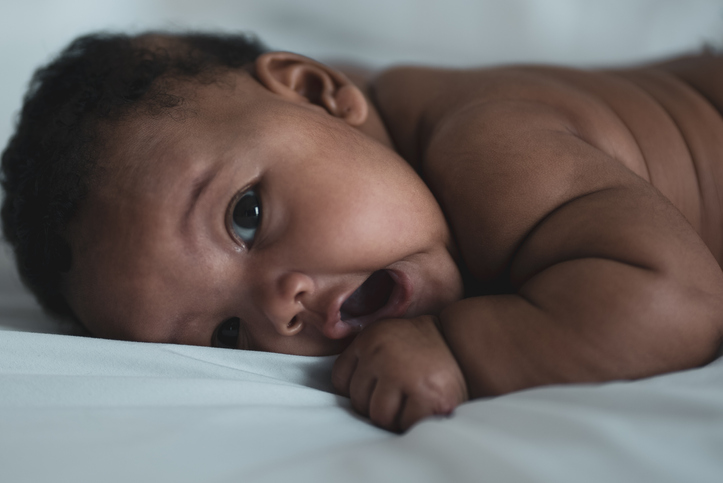
Source: RealisticFilm / Getty
Folks thought that the increased time people were spending at home due to the coronavirus lockdown would result in a baby boom.
But the opposite is happening.
According to CBS News, there was a decline in birth rates since last December.
Health departments in nearly half the states in the country reported that there was a 7 percent drop in births this past December, 9 months after the lockdown first began in March.
Researchers say this drop reflects an ongoing trend in a decline in fertility rates over recent decades.
The global population is still growing. But according to a study published last year in The Lancet, the population is set to peak at 2064 and then fall by at least a billion people by the end of the century all because fewer babies are being born.
The U.S. is already below replacement level, which means there are fewer people to financially support the country’s aging population through social security, Medicaid, etc.
University of Southern California Professor Dowell Myers studies demographics. He said the decline is a crisis.
“We need to have enough working-age people to carry the load of these seniors, who deserve their retirement, they deserve all their entitlements, and they’re gonna live out another 30 years,” he said. “Nobody in the history of the globe has had so many older people to deal with.”
Though Myers is concerned for the elderly, he is also aware of the pressures young—child bearing aged people –face in their day to day lives which makes the thought of having a child…less than appealing.
“The cost of housing, the cost of education, all these things have become more and more difficult,” Dowell said. “I think the boomers themselves don’t realize how much harder it is for millennials today. And they think, ‘Oh yeah, when we were young we had to live, you know, on very little money, and we made do, and you can do the same.’ That’s the story, right? Well no, it really is a lot harder for young people today. It’s amazing how much harder it is.”
The millennials, currently, active on social media echoed that sentiment, listing everything from un-livable minimum wages, to the cost of healthcare, the instability of the environment and much more as reasons why young people don’t feel financially secure enough to be responsible for caring for another human being.
See what they had to say below.


